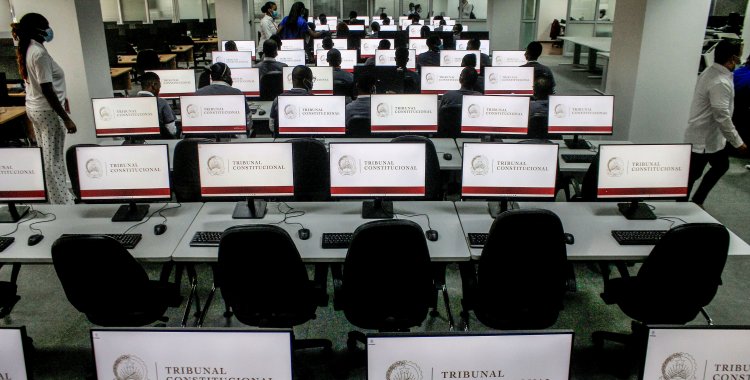The plenary of judges of the Constitutional Court (TC), in ruling no. 845/2023 on the successive abstract inspection process sent by the Angolan Bar Association (OAA), to which Lusa had access, in addition to the "organic unconstitutionality and formal" of the norms, also declares "material unconstitutionality" due to violation of articles of the Constitution of the Republic of Angola (CRA).
The judicial body, which accepted the OAA's request, decided to declare, with general mandatory force, the "organic and formal unconstitutionality" of the rules contained in presidential decree 69/21 of March 16, insofar as, it notes, "by defining the attribution of a contribution to the justice administration bodies, resulting from the assets reverted in favor of the State, violates the rule of absolute reservation of parliamentary law".
Angola established, in presidential decree nº69/21 of March 16, that 10 percent of all values recovered, within the scope of the extended confiscation of assets regime, should be attributed to the justice administration bodies, namely the Attorney General's Office of Republic and the courts, to train and support magistrates in combating transnational crime.
For the OAA - which requested the TC to assess and declare the unconstitutionality, with general mandatory force, of the rules of the aforementioned decree signed by President João Lourenço, the diploma in question "does not comply with the fundamental principles and rules of the CRA".
"By granting the courts the right to share in financial and non-financial assets recovered by them, the principles of impartiality and independence of judges and courts are, from the outset, tainted, as well as the fundamental right to a fair trial in accordance with the law", argues the OAA.
Under no circumstances, say Angolan lawyers, can the courts benefit from the material or financial assets that result from their decisions, taken in a sentence or ruling.
As for the Attorney General's Office (PGR), "the situation is identical", highlights the OAA, highlighting that, from the moment this body starts to directly benefit from assets recovered by it, there is no longer the necessary independence and exemption from its decisions, because it starts to act as part of the process".
In this ruling, the TC judges also decided to declare, with general mandatory force, material unconstitutionality, due to violation of the provisions of articles 72, 175 and number 1 of article 179 of the CRA of the presidential decree, which determine the attribution of a financial contribution to the PGR and the courts, "to the extent that it does not seem appropriate to fulfill the guarantees of independence and impartiality", they point out.
The Constitutional magistrates also consider, in their ruling dated October 3, 2023, that the norms contained in articles 3 to 5 of the aforementioned presidential decree are unconstitutional because they "contend with the guarantees of independence and impartiality of the courts and, consequently, with the principle of fair process".







